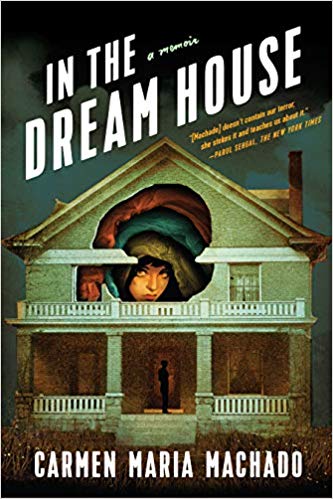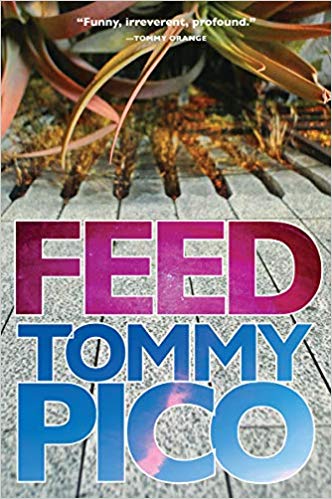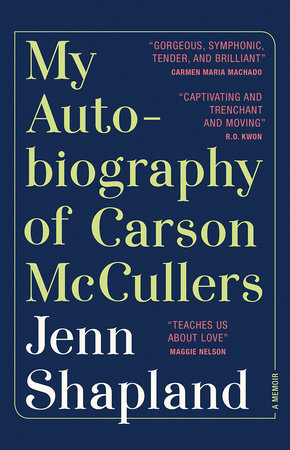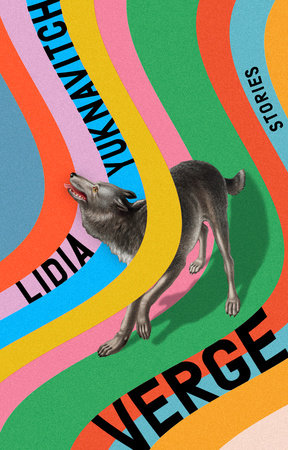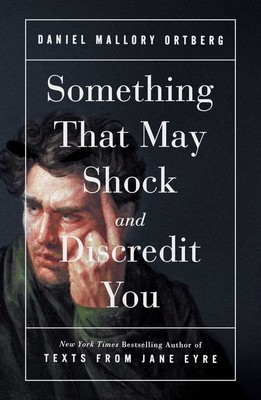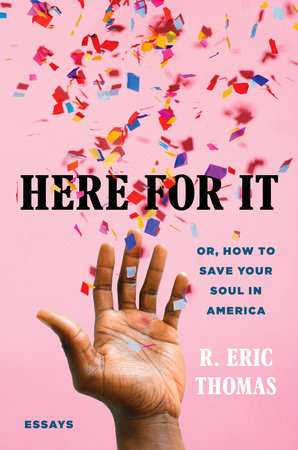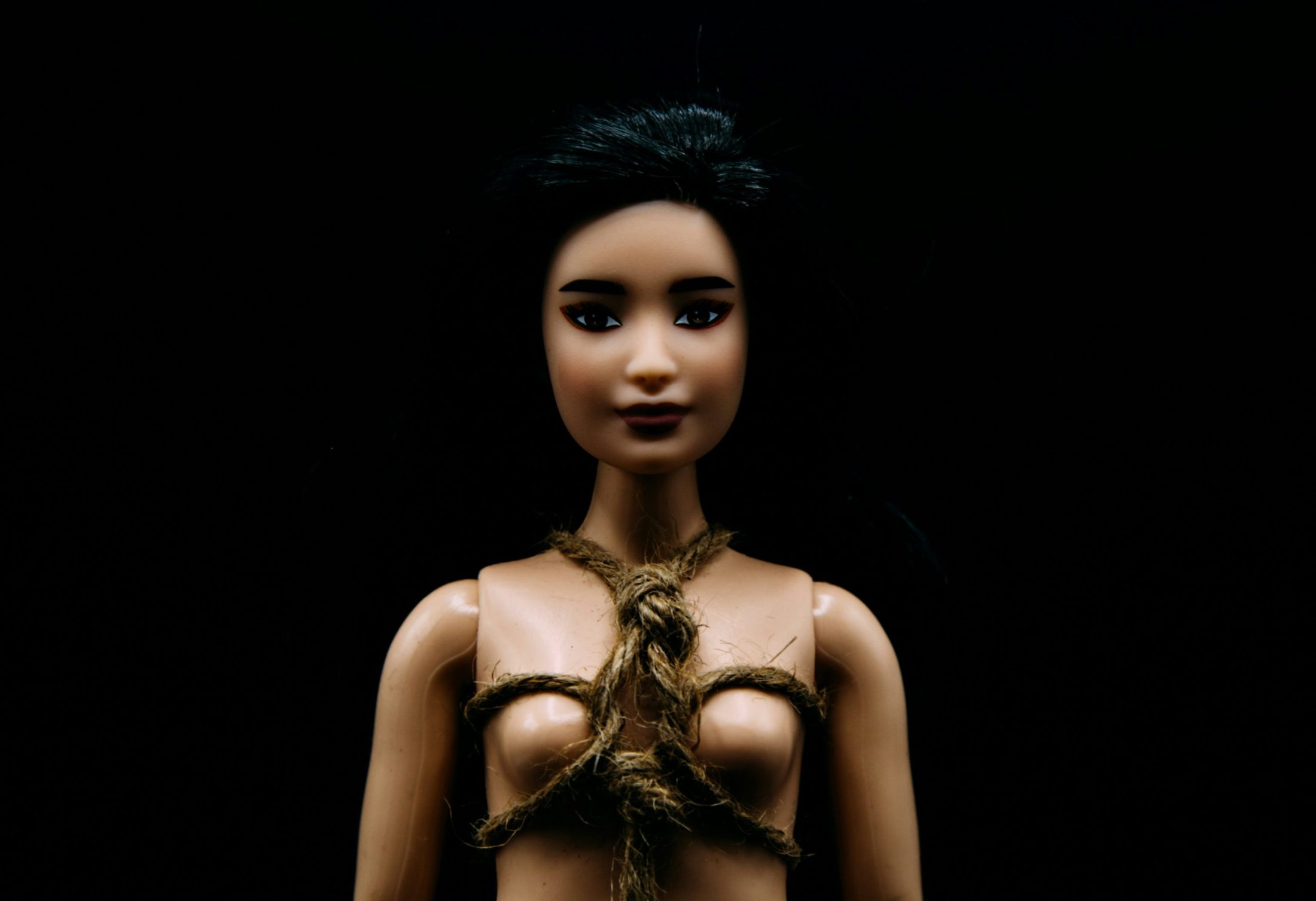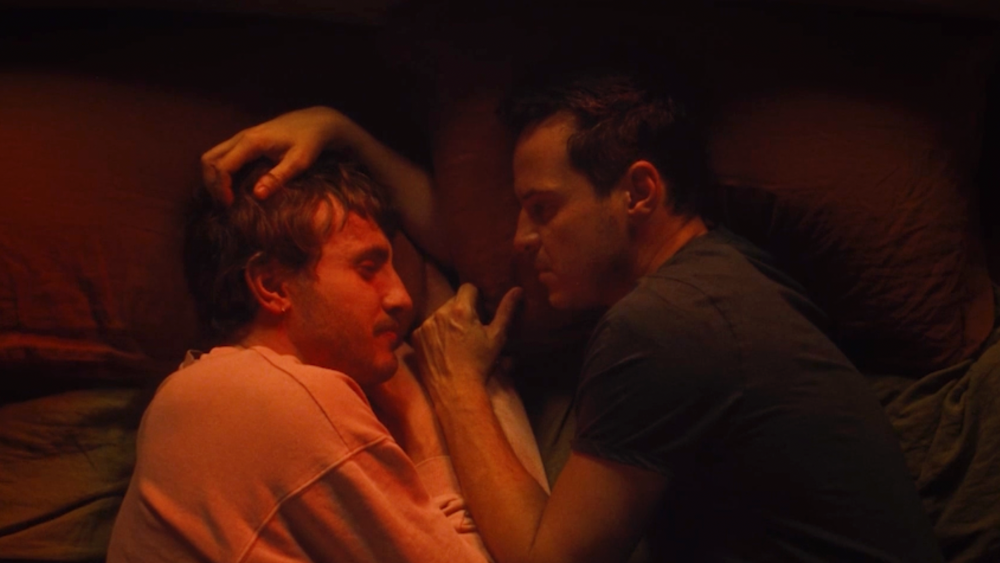Reading Lists
11 Highly-Anticipated Queer Books Coming Out This Winter
Stay inside from November to February and read these new books by LGBTQ authors

Whether you’re a winter hater or a die-hard hygge practitioner, we can all agree that this is a great season for never leaving your bedroom. So while the darkness descends on the northern hemisphere, why not pick up a new book? And while you’re picking up a new book, why not support queer writers?
Here are 11 buzzy books by LGBTQ authors coming down the pipe from November to February. Whether memoir, literary fiction, short stories, poetry, essays, nonfiction, or some genre-bending mix of these, all of these books are more than worth the read.
In the Dream House by Carmen Maria Machado (11/5)
Carmen Maria Machado’s highly anticipated memoir is unlike anything you’ve ever read. For one thing, it contains the story of an abusive queer relationship, which itself is rarely told. Queer and straight folks alike tend to want to believe that domestic abuse doesn’t happen in same-gender relationships. In In the Dream House, Machado herself grapples with not wanting to make queer women “look bad.” But if society is going to see queer folks as fully human, it needs to see everything, even that darkness. This book is dark—it often reads like a horror story, cold fear creeping up from the corners—but it is also a work of pure poetry, a study in language and form, a wildly successful use of second person, and a potent example of how we frame and re-frame and re-frame again the stories we tell others and ourselves. It’s gripping and gorgeous, one of the best memoirs to be released in years.
On Swift Horses by Shannon Pufahl (11/5)
If you’ve ever thought it would be great to have a sprawling literary Western with queer protagonists, this is your book. Taking the reader through postwar California, Las Vegas, and Tijuana, the book centers on Muriel, a young newlywed, and Julian, her charming brother-in-law. Their bond configures them into a kind of family, even as they live apart—Muriel growing ever more interested in gambling and keeping secrets from her husband Lee, and Julius following his wanderlust to Vegas where he meets a romantic interest, Henry. On Swift Horses is dense and as sweeping as the Western sky, a bold story of characters who are experiencing the restraints of a nation claiming to be full of possibility. It’s a book that will engage the mind as much as the heart, worth savoring and perfect for a winter escape.
Feed by Tommy Pico (11/5)
Tommy Pico is a titan of poetry, and this final installment in his Teebs series (following IRL, Nature Poem, and Junk) returns us to the world of Pico’s alter-ego, Teebs. Teebs is a queer Indigenous almost-nihilist: irreverant and funny, intellectual and playful, sexy and observant. This collection is perhaps the most epic of the series. Musing on music, texts, headlines, and yes, food, Pico writes stream-of-consciousness poetry that is profound on every level, not least because it’s unpretentious, witty, and full of vitality and emotion at once.
The Life & Times of Butch Dykes by Eloisa Aquino (11/12)
This collection of illustrations of, and text about, women and nonbinary gender-defying warriors of history started as a zine series. Now, a single bound volume brings Aquino’s portraits and hand-lettered passages into one place. With a particular focus on people of color, Aquino renders her subjects with care, reverence, humor, and pragmatism. Not all of these figures—most of whom were working in creative fields like writing, film, photography, and music—were queer, but most of them were, and all of them actively defied gender stereotypes as they created art, created space for themselves, and profoundly influenced culture. From Audre Lorde to Gloria Anzaldúa to Jenny Shimizu and a plethora of others, this is a great book to use as reference and inspiration, and to return to again and again.
Girl, Woman, Other by Bernadine Evaristo (12/3)
The U.S. release of this illustrious saga with no fewer than 12 protagonists made news most recently when the Booker Prize judges decided to break its own rules and split the award between Evaristo and Margaret Atwood, but this book deserves a full spotlight. Not much has been said about the queerness of this novel, but it’s here, and it’s complicated, which is true to life. Exploring intersectional identity—Black, queer, gender nonconforming, British—on a grand, intergenerational scale, Evaristo uses poetry and poetic prose to craft her characters and stories in a way that makes the novel so captivating that you won’t even notice its nearly-500-page length.
Homie by Danez Smith (1/21)
If you’ve read Don’t Call Us Dead (which, if you haven’t, what are you doing?), you already know: Danez Smith creates some of the most magnetic, dynamic, shrewd, and saucy poetry of our time. Homie is no different in this regard. Functioning as a love letter to friends—an undersung relationship in most writing/music/pop culture—this collection shines with pain and triumph, brimming with love for the people who make life worth living despite and because of the dark inner and outer worlds we often inhabit. This is sure to make it onto pretty much every Best Books of the Year list, and with good reason. Especially for queer folks, friends can be life-saving family. Smith captures this in a way only they can.
My Autobiography of Carson McCullers by Jenn Shapland (2/4)
Carson McCullers is perhaps best known for her novels The Heart is a Lonely Hunter and The Member of the Wedding, but she was a prolific and well-connected writer in the 1930’s and 40’s. She was also queer. In My Autobiography of Carson McCullers, Shapland, after encountering the love letters McCullers wrote to Annemarie Schwarzenbach, follows her gut and her heart into the depths of McCullers’s queer life: her childhood home, her Yaddo writing retreat, even her therapy transcripts. As she engages with McCullers’s archive, we see both how eye-opening and how limiting archives can be. What results is part biography, part memoir, part genre-less series of vignettes, part poetry, part queer manifesto. It’s about not only finding ourselves in literature, and in the writers who make it, but in making ourselves from it. This is a gorgeous, brilliant book that is all but guaranteed to resonate with queer folks, word nerds, and readers everywhere.
Verge by Lidia Yuknavitch (2/4)
Lidia Yuknavitch is one of the most celebrated contemporary writers. Her novels and memoir are bestsellers and have been used to teach craft in creative writing classes across the country. In her first work of fiction since 2017’s The Book of Joan, Yuknavitch returns with a collection of short stories that embody her unique blend of the unsettling and the delightful. The stories border on the fantastical, with visceral roots in the world as we know it. The characters are children and adults, living on the margins, building worlds and being torn apart by them. Fans of Yuknavitch’s sublime prose won’t be disappointed.
Something That May Shock and Discredit You by Daniel Mallory Ortberg (2/11)
It can fairly be said that Daniel Mallory Ortberg is a cultural figurehead: his previous books, Texts from Jane Eyre and The Merry Spinster, were bestsellers; he co-founded the now-defunct but ever-beloved online magazine The Toast; he is Slate’s Dear Prudence columnist. In this memoir-in-essays, Ortberg brings his signature humor and insight to exploration of gender, pop culture, history, literature, and ultimately, living life in the world. Like all of his work, Something That May Shock and Discredit You is a stand-alone pillar in Ortberg’s remarkable canon, one in which the lines typically drawn around topic and genre are obliterated, resulting in a wide-open field of possibility.
Real Life by Brandon Taylor (2/18)
(Full disclosure, Brandon Taylor is a senior editor of Recommended Reading.) This debut novel follows a young graduate student named Wallace, who is the kind of introverted queer person who is rarely portrayed in literature, and to whom many people (queer or not) will be able to relate. The fine line between introversion and isolation can be tricky, especially when introversion is a self defense mechanism, as in Wallace’s case. Wallace is a gay Black man in a Midwest town; his colleagues and friends are mostly white. This is a very real-life (no pun intended) aspect of higher education in America, and over the course of the book, Wallace must grapple with longing, desire, racism, loneliness and complicated connection. The prose is luminous, from the very first sentence to the last; it is ethereal and corporeal; it is a stunning novel that won’t be easily forgotten.
Here for It by R. Eric Thomas (2/18)
R. Eric Thomas is a playwright, senior staff writer at Elle.com, and host of The Moth in Philadelphia and Washington D.C., so he’s no stranger to telling a good story. In his debut memoir/essay collection, Thomas tells his story of being a Black gay kid and a doing-his-best adult. He writes about code-switching: as a city kid in a white suburban school, in his Ivy League college, between his Christian and queer identities. He writes about what it means to be “other.” He questions what “normal” means, what the future holds, and why the heck do we even try? If that sounds dark, it’s only sort of dark—these essays are also hilarious. Thomas is one of the most revered pop culture writers working today, and this collection is a welcome addition to his abundant and admirable work.




